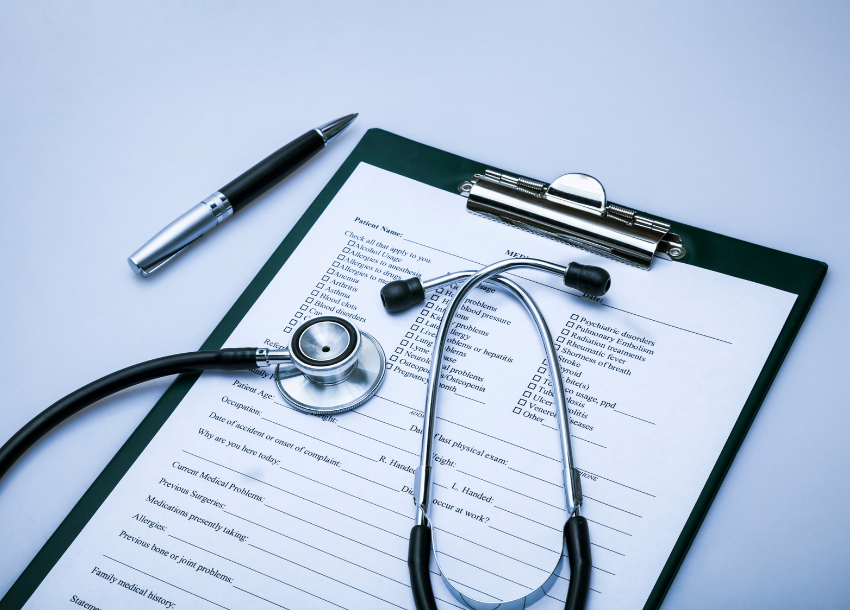Adverse Event Response: Three Possible Courses of Action Against Regulated Professionals
The recent criminal prosecution of nurse RaDonda Vaught in the State of Tennessee for a medication error has renewed questions about what actions can be taken against a regulated professional when an unexpected outcome occurs. Now is the perfect time to review the three different courses of action parties can pursue and the types of relief each course offers.
1. Administrative complaint
The first and most common course of action is an administrative complaint against a professional license. In the State of South Carolina, anyone can file an informal complaint against a professional licensed by the professional and occupational licensing boards administered by the Department of Labor, Licensing, and Regulation. LLR is the umbrella cabinet agency that administers the 42 boards responsible for regulating almost all professions in our state, except attorneys, teachers, and mortgage loan officers, which is quite different from other jurisdictions. Due to the differences between the laws of South Carolina and other states in which professionals may also hold licensure, it is easy for professionals to run afoul of an administrative requirement.
LLR’s mission is to protect the public at large, rather than to provide relief to a particular party. LLR, on behalf of the state, is the party of interest in any case in which a formal complaint is opened. LLR bears the burden of proving any allegations asserted against a licensee by the preponderance of the evidence.
LLR Investigators are not law enforcement officers and cannot arrest a licensed professional who is accused of violating the applicable practice act. Although LLR investigators may issue subpoenas and interview witnesses during the course of an investigation, they do not have the authority to issue warrants to seize documents or enter businesses without permission, except in a few limited circumstances. Only a few boards have the authority to inspect a permitted business, such as Barbers, Cosmetology, Dentistry, and Pharmacy. Statements provided to LLR investigators can be provided to law enforcement if they indicate that a crime has been committed, and LLR often collaborates with other regulatory entities.
If a licensee is found to have violated a practice act, a civil penalty may be imposed, in addition to restrictions upon the individual’s ability to practice his or her profession, as well as requirements for additional education or remediation. Any fines collected as part of an LLR case are remitted to the State of South Carolina, rather than the person who initiated the complaint.
2. Civil litigation
A party who alleges injury to person or property against a licensed professional may also pursue financial or other relief through civil litigation. In these cases, the person who initiates the complaint is the party of interest and bears the burden of proof. If the moving party prevails, he or she may be entitled to recover financial compensation, specific performance, or other equitable relief, depending upon the nature of the claim.
Attorneys engaged in civil litigation utilize the discovery process to develop their cases. Some discovery tools include written interrogatories, requests for admissions, subpoenas, and depositions. Although attorneys may coordinate site inspections during the discovery process, attorneys do not have the authority to enter an opposing party’s property without permission or a court order for an inspection during litigation.
3. Criminal prosecution
Finally, in some cases, the conduct of a licensed professional may be reported to law enforcement for investigation and, if appropriate, criminal prosecution. As with the administrative action, the moving party in a criminal prosecution is the State, which steps into the shoes of the aggrieved party for the purposes of the prosecution. The State must prove a criminal charge beyond a reasonable doubt. The State has authority unavailable to the parties in administrative and civil actions, including the ability to arrest individuals, issue search warrants, and seize property. The sentence in a criminal case may range from a fine and probation, to restitution, to a significant period of detention, depending upon the charges. The entry of a guilty plea or guilty verdict of certain offenses automatically constitutes a violation of many professional practice acts and triggers a duty to report the conviction to the licensing board.
If you have questions regarding how an administrative, civil, or criminal action may impact your professional license, call Nexsen Pruet. We’re here to help.
About Maynard Nexsen
Maynard Nexsen is a full-service law firm of 600+ attorneys in 31 locations from coast to coast across the United States. Maynard Nexsen formed in 2023 when two successful, client-centered firms combined to form a powerful national team. Maynard Nexsen’s list of clients spans a wide range of industry sectors and includes both public and private companies.
Related Capabilities

